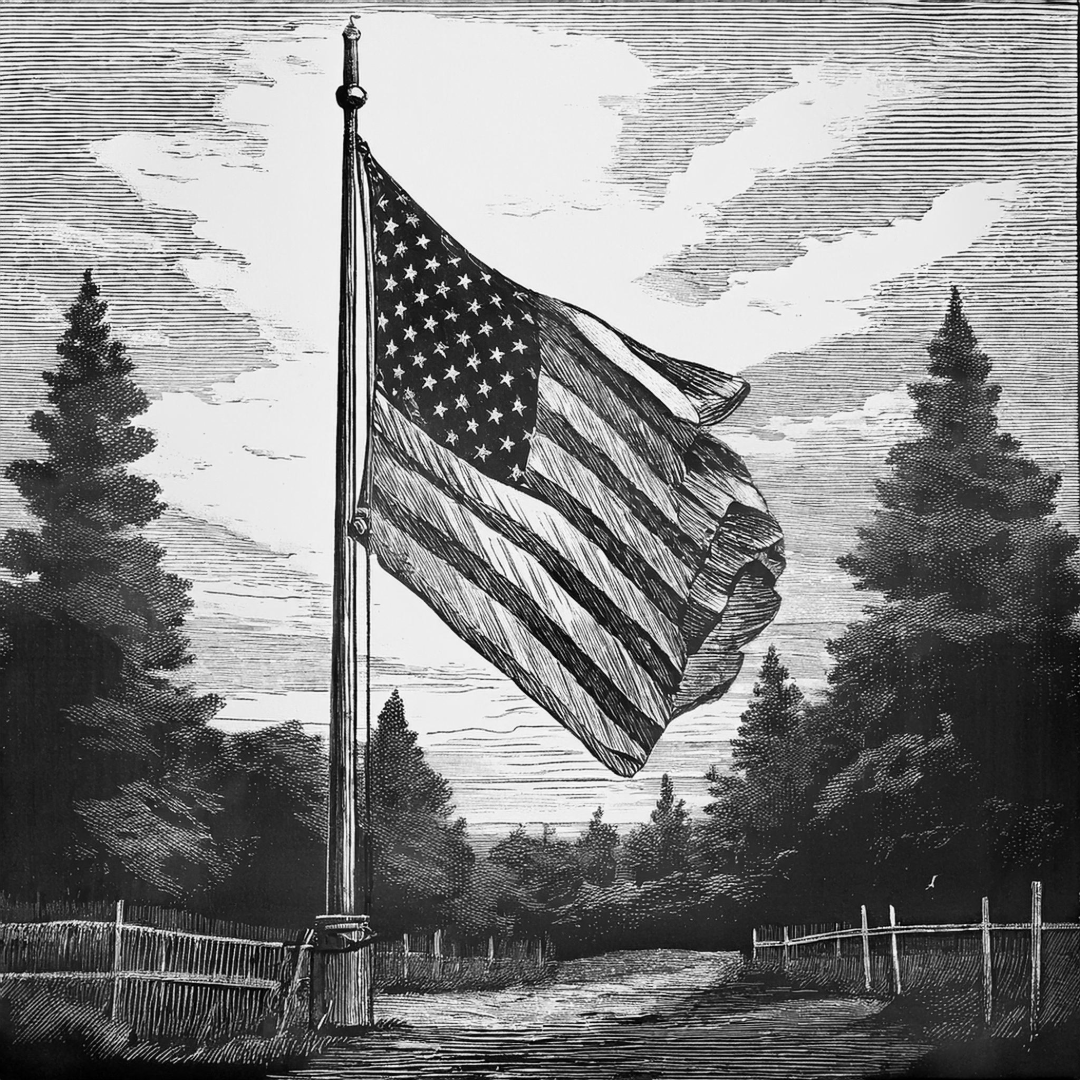MONTGOMERY, Ala. — Alabama Governor Kay Ivey is facing criticism for her decision to temporarily raise flags to full-staff on January 20 for President-elect Donald Trump’s inauguration, despite the ongoing national mourning period for former President Jimmy Carter. Flags, which have been at half-staff since Carter’s death on December 29, 2024, will return to half-staff on January 21 to continue the 30-day mourning period.
The decision has drawn attention for its break with tradition. Typically, mourning periods for former presidents are observed without interruption, as a sign of respect for their contributions to the nation. Carter, the 39th president and a Nobel Peace Prize recipient, is widely remembered for his lifelong dedication to humanitarian efforts and public service. Many see the decision to raise flags during this time as an unnecessary departure from established norms.
While federal guidelines allow governors discretion in flag orders, Ivey’s choice has been criticized as a political gesture that prioritizes partisanship over unity. The move comes at a time when Trump remains a deeply polarizing figure in American politics, and some argue that the decision reflects an effort to align with his base rather than honor the solemnity of the moment.
The implications of such actions go beyond protocol. Critics argue that altering flag traditions during a mourning period diminishes the symbolic importance of lowering flags to half-staff as a unifying gesture of national respect. By raising flags for Trump’s inauguration, even temporarily, Ivey risks sending a message that political allegiance outweighs the bipartisan reverence typically afforded to former presidents.
This decision has also reignited broader concerns about the increasing politicization of traditions meant to transcend party lines. Moments of national mourning have historically served as opportunities for Americans to come together in recognition of shared values and respect for public service. Departures from these customs risk undermining their significance and alienating those who view such gestures as sacred symbols of unity.
As Alabama prepares for January 20, many are left questioning whether decisions like this reflect the values of its people or if they are simply political calculations aimed at appealing to specific constituencies.

